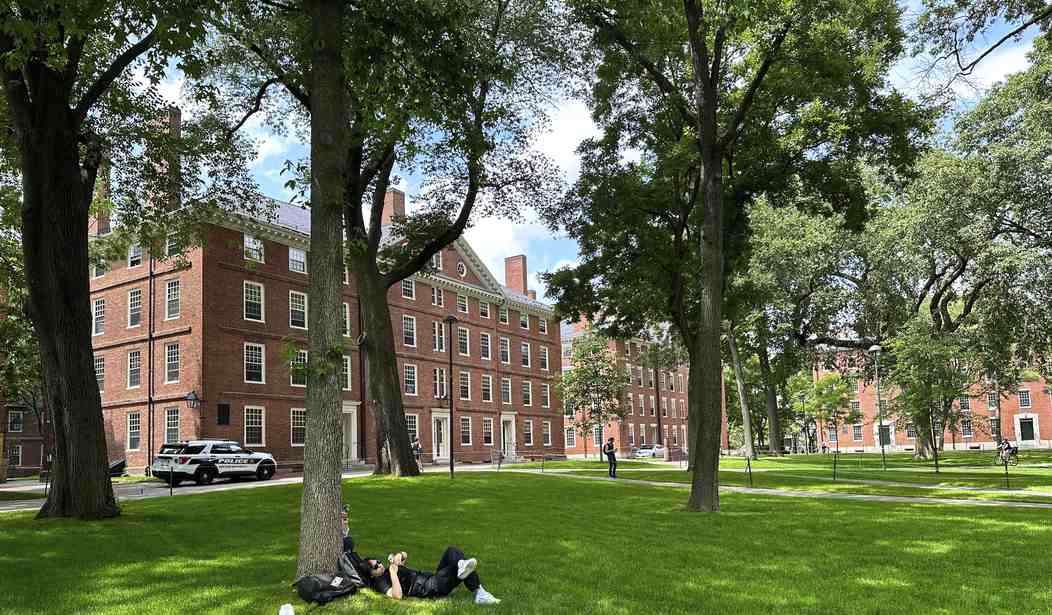In a wake-up call for higher education, an October survey found that small businesses are increasingly dissatisfied with the pool of college graduates and many are no longer interested in hiring new grads with a 4-year degree. The Freedom Economy Index (FEI), a joint project of PublicSquare and RedBalloon.work, found employers have issues with the work ethic college students display as well as the quality of their preparation for the workforce.
"The free market lacks confidence in a higher education system that has shifted its focus from academics to woke subjects like DEI. This is an eye opener for high-school grads considering a 4-year degree and student loan debt,” observed Andrew Crapuchettes, RedBalloon CEO.
When asked if colleges and universities are graduating students with the relevant skills required by the business community, 67% of small business owners responded with a resounding "strongly no." When asked if they were more or less likely to consider a job seeker from a major college or university, 41% said it makes them less likely to hire the candidate. Another 42% said it made no difference.
Only 10% preferred candidates with a degree, suggesting a shift away from the traditional value of higher education. Most of the value of higher education for employers was two-fold in the past. The university used to screen for intellectual ability as a precondition of admission. Completing a degree also demonstrated a candidate's ability to follow through on a commitment and meet expectations.
Lowering the bar for admissions and grade inflation took away the two key benefits employers could count on when hiring a college graduate. Now, when given a choice between a candidate who completed a 4-year degree and someone who doesn't have a degree but has four years of industry experience, 86% of employers prefer the job seeker with industry experience.
As many observers warned, the safe-space culture on many campuses has eroded the problem-solving skills of university students. Employers are noticing. Eighty-nine percent of respondents said America’s college campuses no longer foster the debate and critical thinking needed to solve problems.
"At this point, I'll take one [a new hire] with talent and imagination who didn't look at their phone in the last 20 minutes," said one employer. When asked if college graduates are ready for a job in the marketplace, another employer said, "Absolutely not, what a waste. And I am a former college graduate!"
"The higher ed system has worked itself out of a job,” said Crapuchettes. “By losing focus on the mission of preparing their students for their career, they’ve become a non-factor, or even a negative factor, in helping job seekers find a job.” One employer predicted the talent shortage would only worsen given the quality of workers colleges and high schools are turning out.
The FEI is becoming part of America's economic research landscape because it accurately predicts trends. In September, business owners said they expected a soft Christmas season. Several retail reporting firms are mirroring that call. Small business owners in the FEI are preparing for a rough road in the months ahead, and almost 70% plan to make no hires. That includes replacing vacant positions.
In a world hampered by Bidenomics, parents and high school students may want to look for less expensive ways than a four-year degree to prepare for a career. Glenn Reynolds, fondly known as Instapundit around here, warned of the higher education bubble in 2012. Even then, tuition increases were far outpacing education. Perhaps now that an increasing number of employers see no value in a college degree, that bubble will finally pop.










Join the conversation as a VIP Member